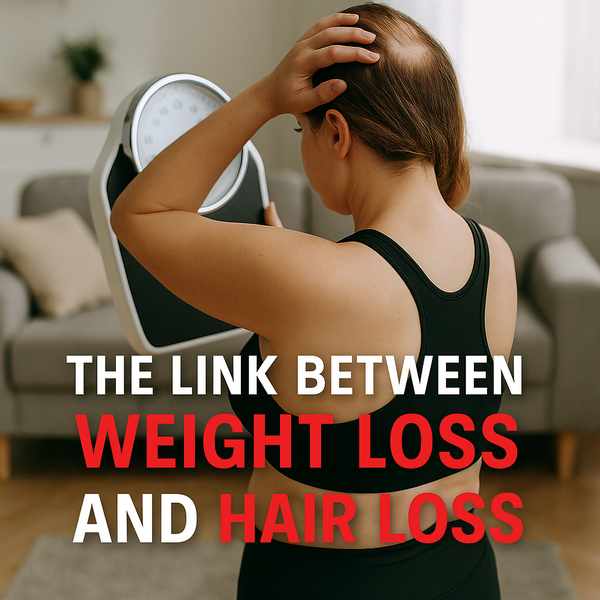
So what’s the connection between weight loss and hair loss, and how can you manage both successfully?
Understanding why this happens and how to protect your hair can help you reach your goals without compromising your confidence.
The Link Between Dieting and Hair Shedding
Hair loss during weight loss is usually a result of physical stress or nutritional deficiencies.
Common causes include:
- Lack of protein, iron, or vitamins
- Extreme calorie restriction
- Hormonal imbalances
- The body reacts to sudden changes
Temporary Hair Loss Explained
It’s a temporary condition where hair enters the shedding phase prematurely.
Key facts:
- There’s a delay between cause and effect
- Hair falls out evenly across the scalp
- It often resolves on its own
What Your Hair Needs to Thrive
If you're trying to lose weight, be sure not to visit this website miss these nutrients:
- Essential for hair structure and growth
- Carries oxygen to hair follicles
- Biotin and other B vitamins
- Zinc
- Vitamin D
Skipping meals or using crash diets can easily lead to deficiencies that trigger hair loss.
Staying Healthy Without Sacrificing Hair
It’s possible to do both by following a balanced and mindful approach.
Tips include:
- Aim for 1–2 pounds per week
- Focus on whole, balanced meals
- Especially during calorie restriction
- Both affect hormones and hair health
- Stay hydrated
Next Steps After Hair Thinning Starts
If you notice excessive shedding:
- Don’t panic
- Get bloodwork done
- Focus on protein and iron intake
- Try gentle hair care
- Be patient
Getting Expert Help for Hair Loss
A doctor or dermatologist can help identify underlying issues like:
- A common cause of both weight and hair changes
- Can trigger more permanent forms of hair loss
- Severe nutritional deficiencies
Final Thoughts
Weight loss and hair loss can be connected, but they don’t have to be permanent partners.
Prioritize nourishment, patience, and consistency, and your body will thank you — from head to toe.